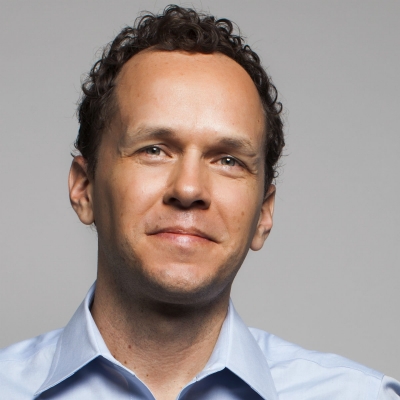
October 04, 2011 10:05 PM
Featured Stories
Answer engine optimization (AEO) FAQ—how brands can prepare for AI search
AI search is upending the way that consumers find information online, and marketers are turning to AEO to ensure they stay relevant.




